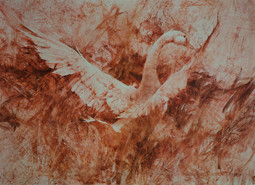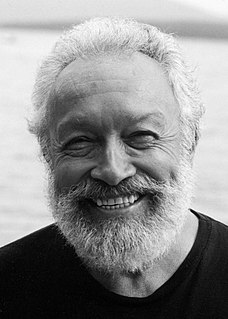Цитата Джойс Кэрол Оутс
Никогда не стыдитесь своего предмета и своей страсти к нему.
Связанные цитаты
Если ваша тема — преступление, то вы, по крайней мере, знаете, что у вас будет реальная история. Если ваша тема — взросление мальчика из колледжа, вы можете никогда не наткнуться на историю, пока будете ее рассказывать. Но если ваша история о мальчике из колледжа, умершем в своей комнате в общежитии, вы знаете, что где-то там есть история.
Просканируйте свой объект на наличие вещей, которые явно невозможны. В конце концов, краска — это не волшебство! Если вы видите, что некоторые элементы предмета выходят за пределы ваших пигментов, постарайтесь заранее составить представление о том, как вы собираетесь обращаться с этими областями, когда доберетесь до них.
То, о чем вы думаете, растет. Все, чему вы позволяете занять свой ум, вы преумножаете в своей жизни. Хорош ли предмет вашей мысли или плох, закон работает, и состояние растет. Любая тема, которую вы выбрасываете из головы, имеет тенденцию уменьшаться в вашей жизни, потому что то, чем вы не пользуетесь, атрофируется. Чем больше вы думаете о обидах, тем больше таких испытаний вы будете получать; чем больше вы думаете об удаче, которая у вас была, тем больше удачи придет к вам.




































